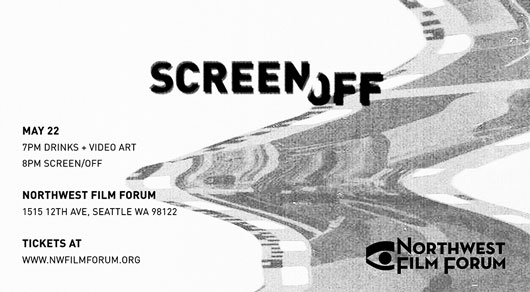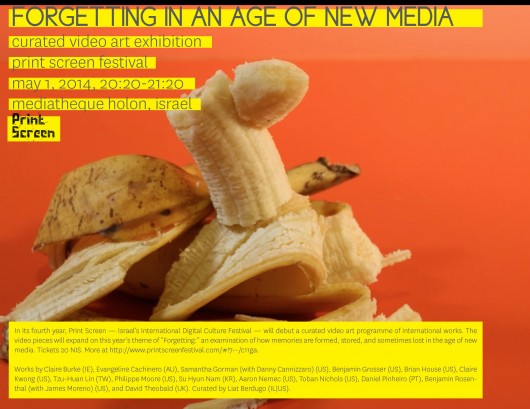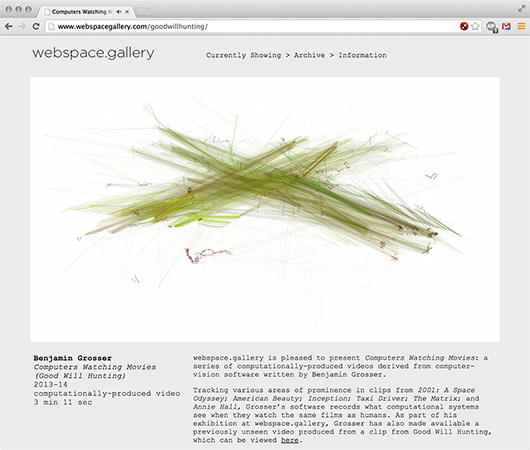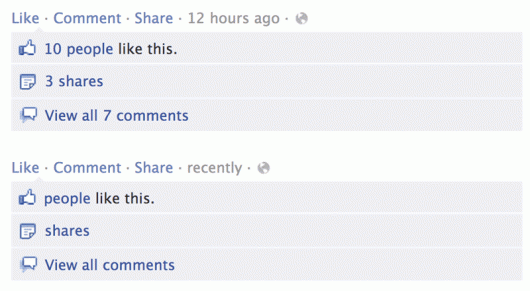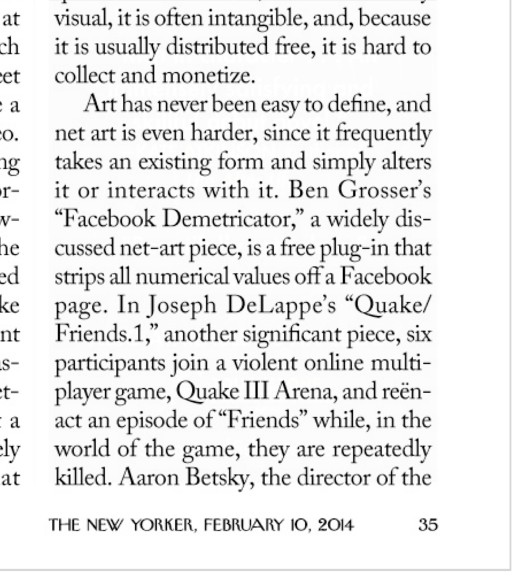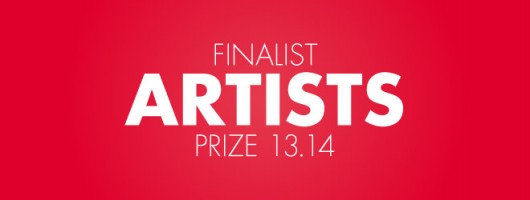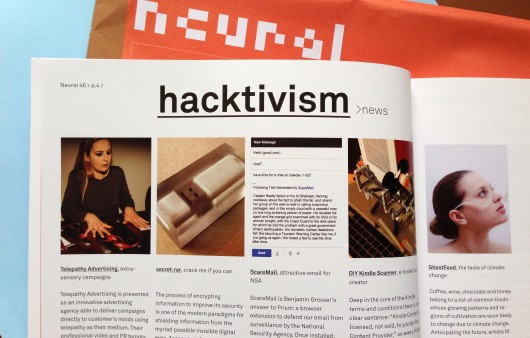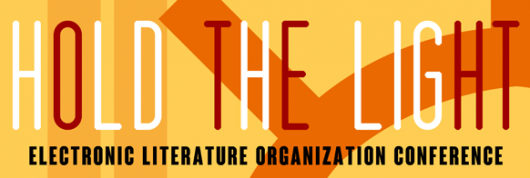
Electronic Literature Organization Conference 2014
This June in Milwaukee I’ll be presenting about my project ScareMail at the Electronic Literature Organization’s 2014 conference, ELO 2014. From the conference website, ELO 2014’s title “‘Hold the Light’ is inspired by the practice of Milwaukee-based political artists Overpass Light Brigade, who create advocacy messages by holding LED signboards bearing individual letters. Is this … a form of “electronic writing?” This question foregrounds an emerging challenge: how can we define electronic writing as a field of focus, at a time when nearly all writing occurs in digital contexts? Who are we, as electronic writers—as political, economic, and particularly gendered subjects? Are we interested primarily in experiments with the internal logics of media, or do we align our work with social dynamics, movements, and even commercial markets?”
I’m part of several events. First, I’ll be presenting a paper on the “Social Media, The City” panel (abstract below). In addition to the panel, ScareMail will be part of the conference’s Media Arts show. And finally, I’ll do some readings of ScareMail texts as part of a performance event.
Here’s the abstract for my paper:
Privacy Through Visibility: Disrupting NSA Surveillance With Algorithmically Generated “Scary” Stories
Computational artists engage the politics of networked communication through code. By creating net art,[1] hacktivist projects, and “tactical media,”[2] artists illuminate the dark sides of networks, challenge the notion of the network as a liberating force,[3] and propose mechanisms for tweaking the “evil media”[4] these networks facilitate. A primary example of network-based politics is the US National Security Agency’s (NSA) email surveillance efforts recently revealed by Edward Snowden. Using systems to examine our text-based digital communications, the NSA algorithimically collects and searches everything we write and send in a futile effort to predict behaviors based on words in emails. Large collections of words have thus become codified as something to fear, as an indicator of intent. This presentation will explore the methods of artists who engage the politics of digital surveillance using algorithmically generated language, and will explore the question of whether computationally produced text can combat computational text analysis. A focus will be the author’s project ScareMail,[5] a web browser extension that makes email “scary” in order to disrupt NSA surveillance. Extending Google’s Gmail, the project adds to every new email’s signature an algorithmically generated narrative containing a collection of probable NSA search terms. This “story” acts as a trap for NSA programs like PRISM[6] and XKeyscore,[7] forcing them to look at nonsense. Each email’s story is unique in an attempt to avoid automated filtering by NSA search systems. ScareMail attempts to disrupt the NSA’s surveillance efforts by making NSA search results useless. Searching is about finding the needles in haystacks. By filling all email with “scary” stories, ScareMail thwarts NSA search algorithms by overwhelming them with too many results. If every email contains the word “plot,” or “facility,” for example, then searching for those words becomes a fruitless exercise. A search that returns everything is a search that returns nothing of use. ScareMail thus proposes, through its algorithmic generation of “scary” stories, an alternative model of privacy built on visibility and noise rather than encryption and silence.
[1] Bosma, Josephine. Netitudes: Let’s Talk Net Art. Amsterdam, Netherlands: NAi, 2011.
[2] Lovink, Geert. “Tactical Media, the Second Decade.” Retrieved from https://networkcultures.org/geertlovink-archive/texts/tactical-media-the-second-decade/, accessed 6 Dec 2013.
[3] Galloway, Alexander. Protocol: How Control Exists After Decentralization. Cambridge, MA: MIT Press, 2004.
[4] Fuller, Matthew and Andrew Goffey. Evil Media. Cambridge, MA: MIT Press, 2012.
[5] Grosser, Benjamin. “ScareMail.” Retrieved from https://bengrosser.com/projects/scaremail/, accessed 6 Dec 2013.
[6] Greenwald, Glenn.”NSA Prism program taps in to user data of Apple, Google and others.” The Guardian. Retrieved from http://www.theguardian.com/world/2013/jun/06/us-tech-giants-nsa-data, accessed 6 Dec 2013.
[7] Greenwald, Glenn. “XKeyscore: NSA tool collects ‘nearly everything a user does on the internet’.” The Guardian. Retrieved from http://www.theguardian.com/world/2013/jul/31/nsa-top-secret-program-online-data, accessed 6 Dec 2013.
